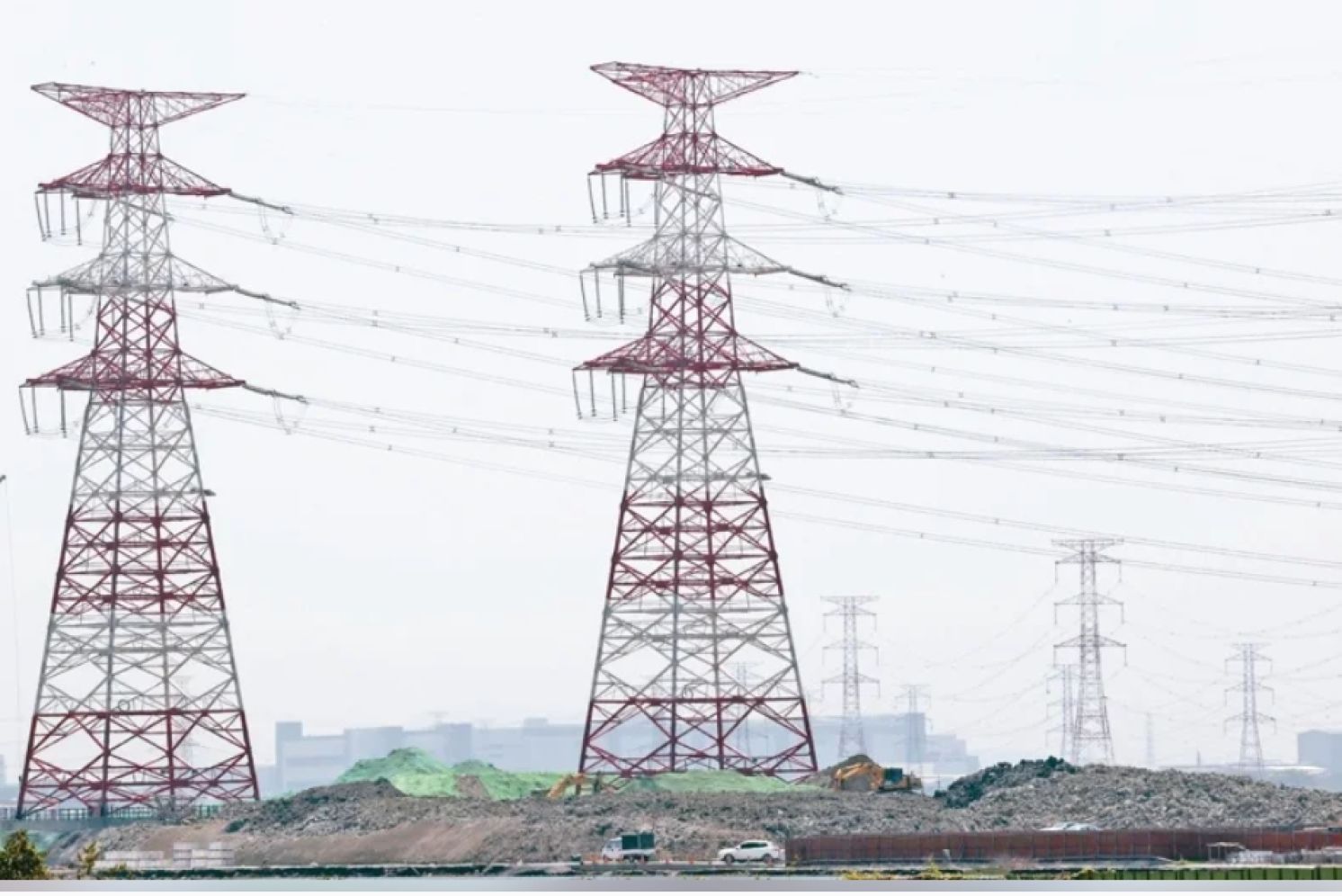
Executive Yuan Admits 20 Billion kWh Power Deficit in Northern Taiwan Last Year
United Daily News, August 16, 2024
The Executive Yuan led by Premier Cho Jung-tai has repeatedly assured that Taiwan will not face a power shortage by 2030. However, Chairman Tseng Wen-sheng of the Taiwan Power Company (Taipower) recently announced that data centers consuming over 5 MW of electricity in northern Taiwan would not be provided power. The policy has been met criticized as discriminatory and contrary to the no-shortage claims.
The Executive Yuan admitted yesterday that northern Taiwan does indeed face a power shortfall, with a supply-demand gap of 20 billion kWh last year. Opposition parties are urging the government to face the reality and not compromise the technological development of northern Taiwan.
Chairman Tseng's recent proposal to withhold power from data centers exceeding 5 MW in Taoyuan and northward has prompted criticism by Mayor Chang San-cheng of Taoyuan. Mayor Chang pointed out the contradiction between the central government's assurances of no power shortages and Taipower's refusal to supply power to large data centers in northern Taiwan, impacting both industrial development in Taoyuan and national power planning.
Spokesman Chen Shi-kai of the Executive Yuan confirmed the shortage, citing difficulties in power development in northern areas. For 2023, northern Taiwan's electricity consumption was 93 billion kWh, while generation was only 75 billion kWh, resulting in a 20 billion kWh deficit. The government's efforts to transmit power from south to north faced a loss of 640 million kWh due to transmission inefficiencies, equivalent to around NT$2.3 billion (about U$72 million) in electricity costs.
Spokesman Chen acknowledged that while the national power supply is adequate, more proactive development of power sources in northern Taiwan is needed. Without this, the region will face a shortage. The reality is that power is currently being transmitted from south to north, and Mayor Lu Hsiow-yen of Taichung has been the most vocal critic of this, arguing that it is unfair to central Taiwan.
Chen stated that the government will focus on expanding power sources and building infrastructure in the north. Plans include updating the Hsiao-Ho power plant, converting it from oil to gas with the help of a new liquefied natural gas (LNG) terminal, and further developing the National Light Phase II and Changsheng Phase II projects to ensure sufficient electricity in northern Taiwan.
Chen also highlighted Mayor Lu's strong opposition to power transmission from the central region, noting that the central government has historically managed nuclear energy policies and energy distribution. Critics, like former Taichung Deputy Mayor Yang Ching-yung, accuse the central government's shifting blame to local authorities.
In a recent radio interview, Minister of Environment Peng Chi-ming reiterated that phasing out nuclear energy aligns with existing laws and national policies. He emphasized that while diverse and low-carbon energy sources are beneficial, solving nuclear waste issues could make new nuclear technologies a viable option. However, advancing green energy and increasing energy efficiency remain the primary goals.
From: https://udn.com/news/story/7238/8165108
〈Back to Taiwan Weekly Newsletter〉